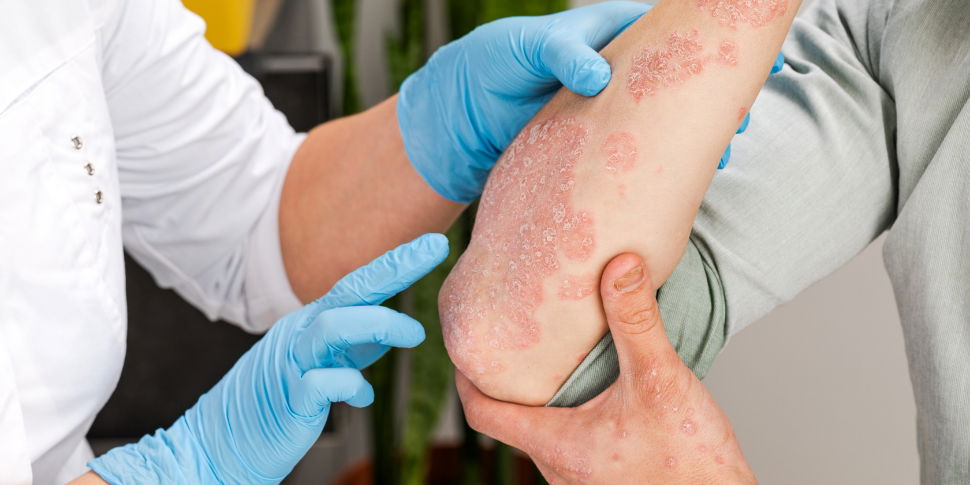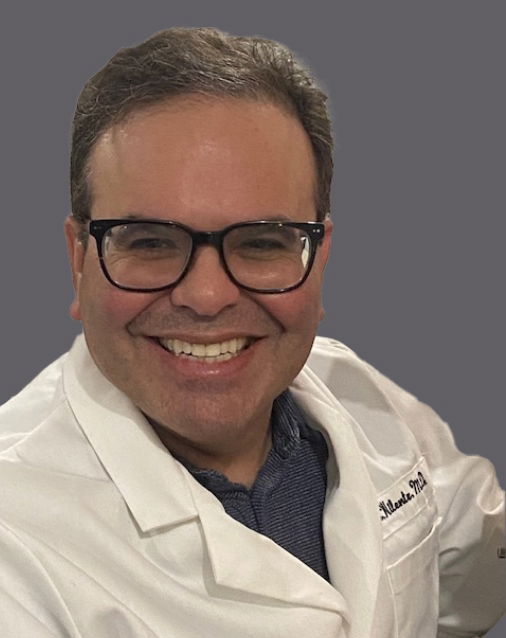Effective skin health relies on maintaining moisture for a smooth, supple, and healthy complexion. When grappling with the persistent skin condition known as eczema, the natural moisture balance is disrupted, leading to bothersome symptoms like itchiness and inflammation. Despite eczema’s challenges, you can effectively manage symptoms through precise diagnosis and clinical care. Feinstein Dermatology takes pride in offering dedicated eczema relief for individuals within the Delray Beach, FL community. Our commitment to patient care ensures that you receive comprehensive support in addressing and alleviating the effects of eczema, empowering you to enjoy healthier and more comfortable skin.

Atopic Dermatitis and Its Causes
Eczema, also known as atopic dermatitis, often manifests in early childhood, and while symptoms may alleviate with age, this outcome is not guaranteed. The precise causes of this condition remain a subject of ongoing research, with a widely recognized consensus pointing towards a strong genetic component, possibly aggravated by environmental factors and by the strength of the immune system.
If you have eczema, you may notice red, itchy patches on your skin, with the most common areas being the arms and behind the knees. However, these patches can also appear elsewhere on your body.
Treatment Options
The first step in your eczema treatment journey is to seek a diagnosis from one of our board-certified dermatologists, who can help to identify some of the factors causing eczema flare-ups.
While you cannot cure eczema, you can manage its symptoms and reduce flare-ups. Topical solutions, including steroids and antihistamines, often prove effective, along with oral medications and light therapy.
Tips for Managing
To help manage eczema flare-ups, your dermatologist might recommend shorter, lukewarm showers as well as topical or oral medications to keep inflammation under control.
Meet Our Board-Certified Dermatology Team
At Feinstein Dermatology in Delray Beach, FL, our commitment is patient satisfaction and loyalty. We are defining the new standard in customer experience and outcomes, striving to lead by example for others to follow. With a dedicated patient base of over thirty-five thousand (35,000) individuals who have entrusted us with their dermatological and cosmetic needs, we have earned our reputation as a leading provider in the field.
Our team comprises dedicated professionals, including board-certified dermatologists, a board-certified Mohs surgeon, and a board-certified plastic and reconstructive surgeon. We invite you to experience the exceptional care and dedication that defines Feinstein Dermatology.
LEADERS IN DERMATOLOGY & COSMETICS
Meet Your Providers
Eczema FAQs
Feel Good About Your Skin
At Feinstein Dermatology & Cosmetic Surgery, we’re more than just skincare experts in the heart of the Palm Beaches – we’re your partners in feeling good about your skin, for life. Our commitment is to help you embrace your skin’s natural beauty and maintain a healthy, confident glow. We understand that your skin reflects your well-being, and we’re dedicated to making you feel comfortable in your own skin. Don’t wait to take that first step towards your skincare journey – schedule a consultation for eczema treatment at our office in Delray Beach, FL today at (561) 498-4407, and let us be the dermatologists who are there for you, every step of the way.











